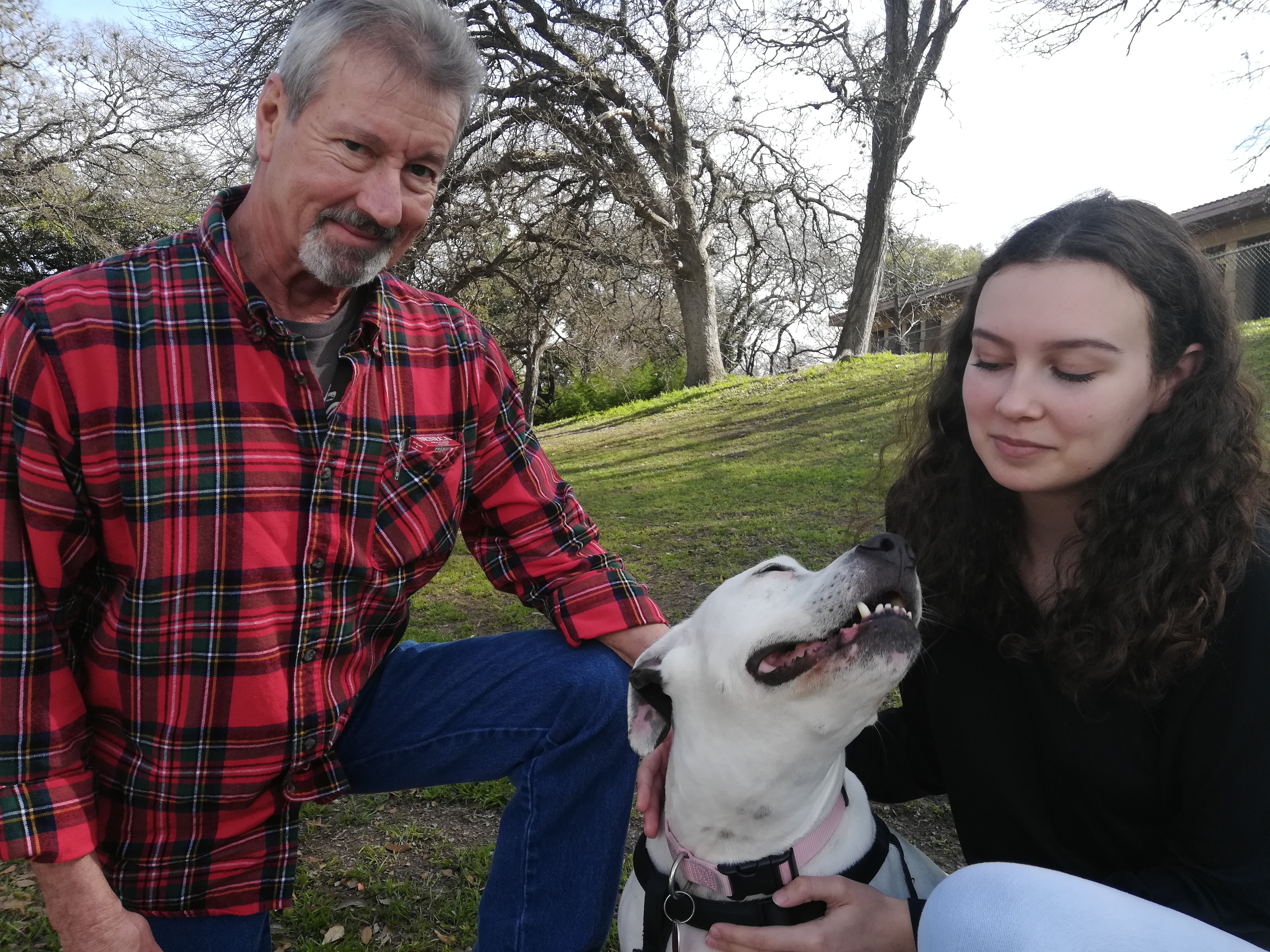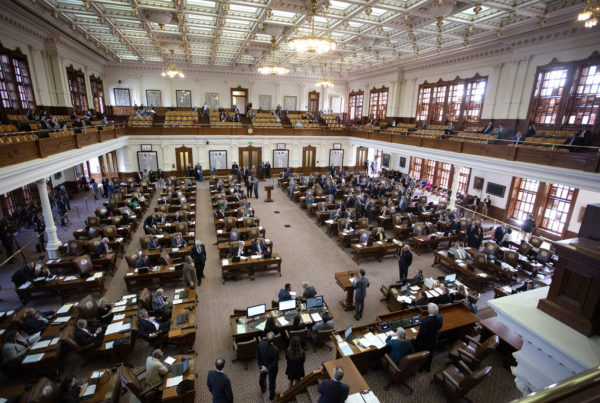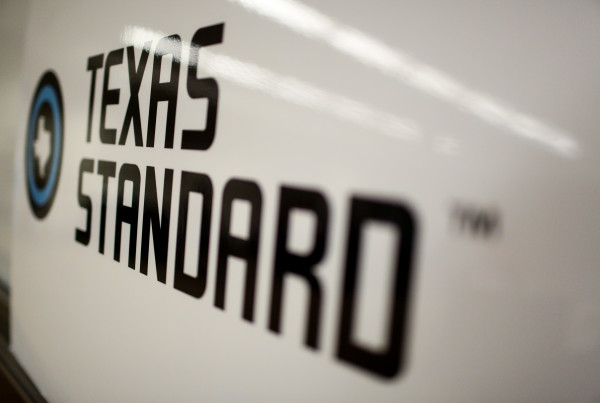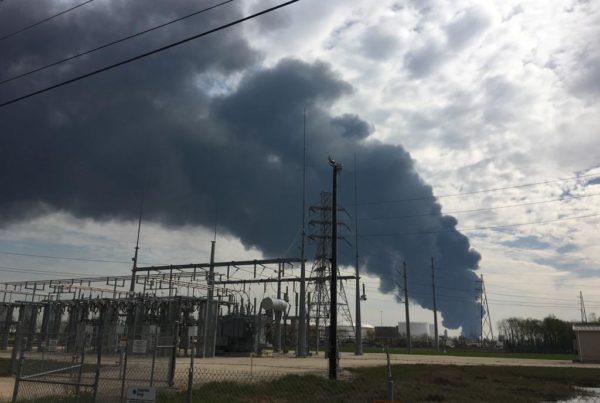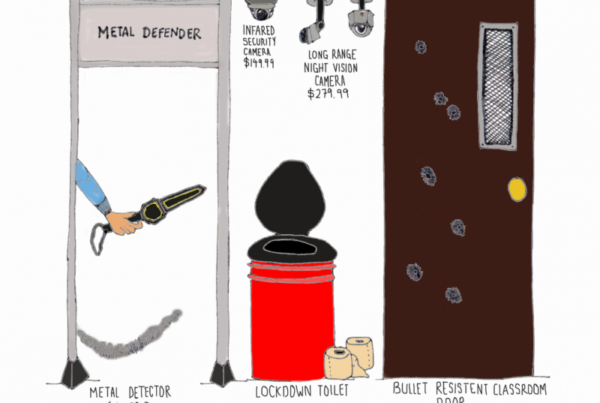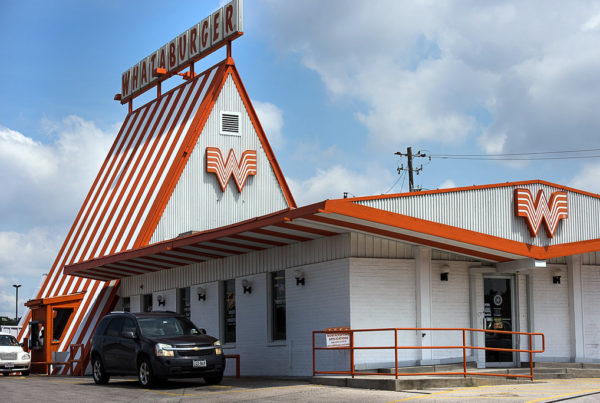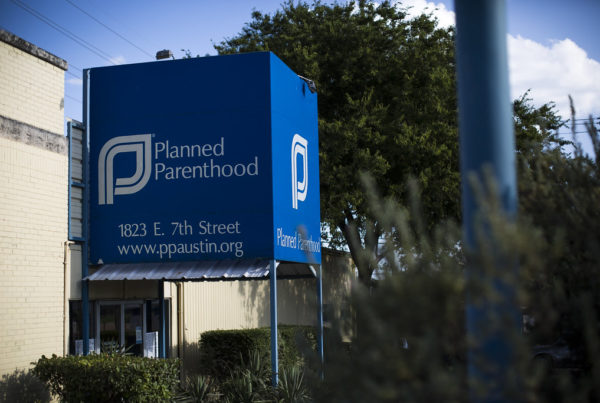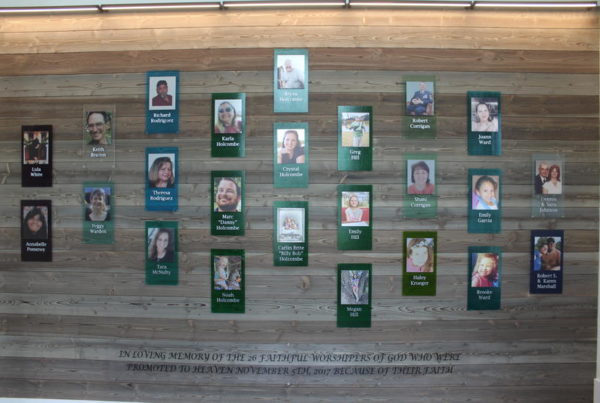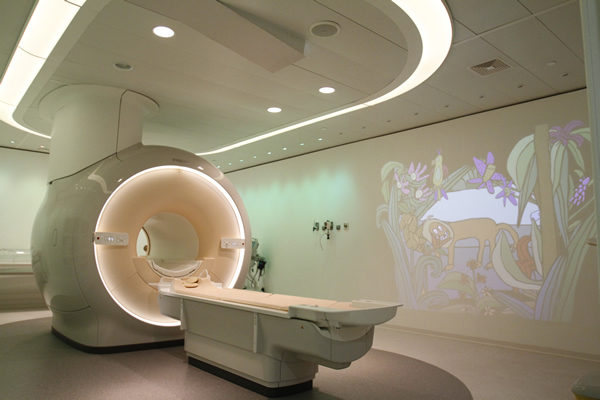On Valentine’s Day this year, Denson Carman Fontenot walked into All Faiths Funeral & Cremation Services in Austin to make arrangements for his daughter Courtney Meeks. Meeks was a mother of two girls. She was 32, and she struggled with her mental health, addiction and homelessness.
Fontenot lives in Beaumont, and with all the stress of filing all of the documents in a timely manner after Meeks’ death, he forgot to bring his daughter’s Social Security card. But funeral home Director Gilbert Cavazos tells him not to worry.
“Just call me tomorrow and the death certificate will be [ready] probably Monday or Tuesday,” Cavazos says.
But by Monday, the death certificate was not ready, nor was it ready by Tuesday.
In fact, it took eight weeks before Meeks’ death certificate was ready, which delayed her cremation.
Fontenot experienced what many Texans go through when a loved one dies: important paperwork must be filed in several places right after a person’s death, and not doing that correctly can delay things. But this year, there’s an added complication. There’s longer-than-usual processing times for death certificates, and other vital records, because of changes to the state’s computer filing system.
Nayeli Gallegos of the All Faiths funeral home says she’s seen firsthand the effects of this change.
“The transition into the new system definitely set back the whole industry. We were delayed immensely in terms of cremation timing, actual filing, amendments, changes to death certificates, etc.,” Gallegos says.
The Texas Department of State Health Services, or DSHS, which issues death certificates, did not agree to be recorded for an interview, but did answer questions via email. A spokesperson said the main reason for the death certificate delay is that it took longer than expected for all 20,000 users in the department, statewide, to learn how to navigate the new computer system.
But DSHS says another reason is that the department is grossly understaffed. In February, DSHS Commissioner John William Hellerstedt asked lawmakers at the state Capitol for $3 million so the agency could hire 25 more employees.
“We understand the necessity of the death certificates, and really, what we would like to have as a goal is that the turnaround is one day,” Hellerstedt said.
Over the past four years, DSHS hasn’t added any new staff members; it also lost one employee during that same period. But as the state’s population grows, so does the demand for birth and death certificates. Since 2015, the number of requests for these vital records has increased by over half a million.
Funeral Director Cavazos says not only do the delays slow down cremations, burials and the transportation of remains across state lines, but they also leave families waiting, unable to move forward with financial matters.
“It displaces families that are trying to have closure and trying to take care of the estate, take care of Social Security, take care of life insurance policies. Life insurance policies will not pay until they get a death certificate,” Cavazos says.
In May, Cavazos finally gave Fontenot his daughter’s ashes; Cavazos handed them to him in a navy blue bag. At that point, Fontenot could also receive Meeks’ death certificate.
“So, this one, right here, says that you are receiving the death certificates,” Cavazos tells Fontenot. “Sign right here. This one, right here, that you are receiving her cremated remains.”
Meeks’ family says, at last, they can finally lay her to rest.
But not everything about Meeks’ death is resolved. The Travis County Medical Examiner still has to determine the cause of her death. Once that’s determined, Fontenot will receive a new, amended version of the death certificate, and then he and the rest of Meeks’ family will try to heal.


